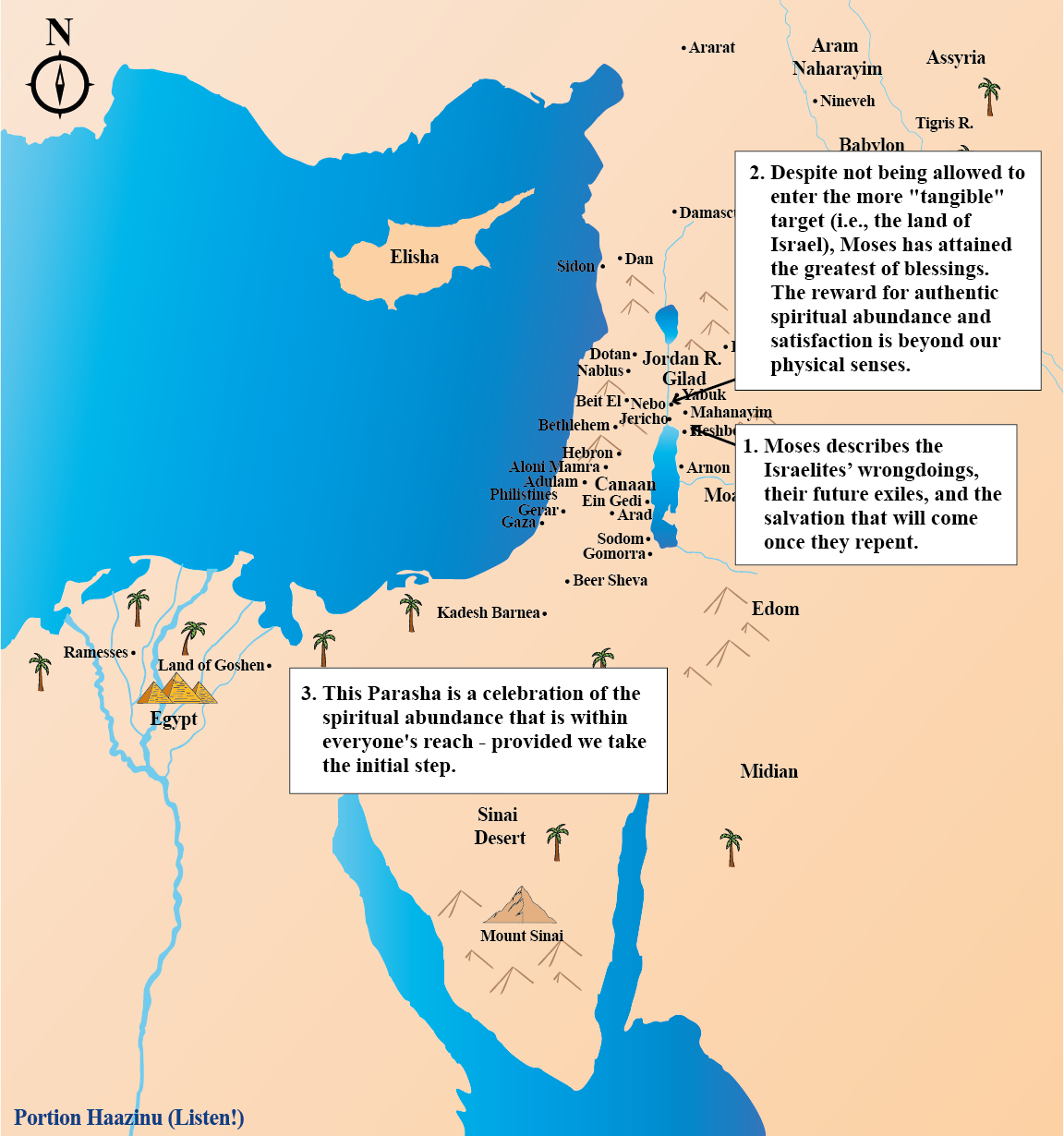
The only difference between “good” and “bad” weeds is their traits
“Give ear, O ye heavens, and I will speak; and hear, O earth, the words of my mouth…They have corrupted themselves, their spot isnot the spot of his children: they are a perverse and crooked generation. Do ye thus requite the LORD, O foolish people and unwise? is not he thy father thathath bought thee? hath he not made thee, and established thee?” Deut. 32:5 – 6
- Raindrops have equal potential to make good or bad weeds bloom. For good to grow, we must engage in study and kind deeds. These actions do not demand much greatness of spirit – just acknowledgement of the greatness of those at the receiving end. It is hard for many people to see another person have or achieve more than them. “Don’t do unto others what you don’t want done unto you” is easier said than done and is often even harder than simply being kind to others. A gentile came before Shammai and said to Shammai: “’Convert me on condition that you teach me the entire Torah while I am standing on one foot.’ Shammai pushed him away with the builder’s cubit in his hand. The same gentile came before Hillel. He converted him and said to him: ‘That which is hateful to you do not do to another; that is the entire Torah, and the rest is its interpretation. Go study'” (Babylonian Talmud, Tractate of Shabbat 31a).
Moses stands atop Mount Nebo and transcends his ego
“And the LORD spake unto Moses that selfsame day, saying, Get thee up into this mountain Abarim, untomount Nebo, which is in the land of Moab, that is over against Jericho; and behold the land of Canaan, which I give unto the children of Israel for a possession: And die in the mount whither thou goest up, and be gathered unto thy people; as Aaron thy brother died in mount Hor, and was gathered unto his people” Deut. 32:52
- Moses stands on the summit of Mount Nebo stares at the land of Israel. He can see the Promised Land and the prosperous future it heralds – but he is forced to gaze at it from afar. Although this vision brings him sadness, he is also filled with satisfaction – his followers will have the merit to enjoy the abundance of their country. Moses transcends his ego. He magnanimously places the intangible – the ultimate vision – at the heart of his endeavors.
Pearls of Divine Wisdom: “Give Ear”
- This Parasha is a celebration of the spiritual abundance that is within everyone’s reach – that is, provided we take the initial step. The greatest blessings are the incalculable ones – such as that of the “invisible” land.
- Moses has attained the greatest of blessings despite his not being allowed to enter the more “tangible” target (i.e., the land of Israel). The reward for authentic spiritual abundance and satisfaction is beyond our physical senses.
- Raindrops can make both good and bad weeds bloom. If we truly want to tap into God’s abundance, we must perform as many kind and charitable deeds as we can.
- “Don’t do unto others what you don’t want done unto you.” This seemingly sensible principle is much more demanding than any act of generosity; it entails suppressing our egos for the sake of acknowledging others’ worth.
- Good will be rewarded with good. Our personal autonomy calls for self – restraint and responsibility. Indeed, spiritual freedom can sometimes be more challenging than enslavement.
- Once we defeat our inner darkness, light can break in. That is the reason we must first mitigate our pursuit of honor and praise.

Agility is responding to enlightenment with effective action.

